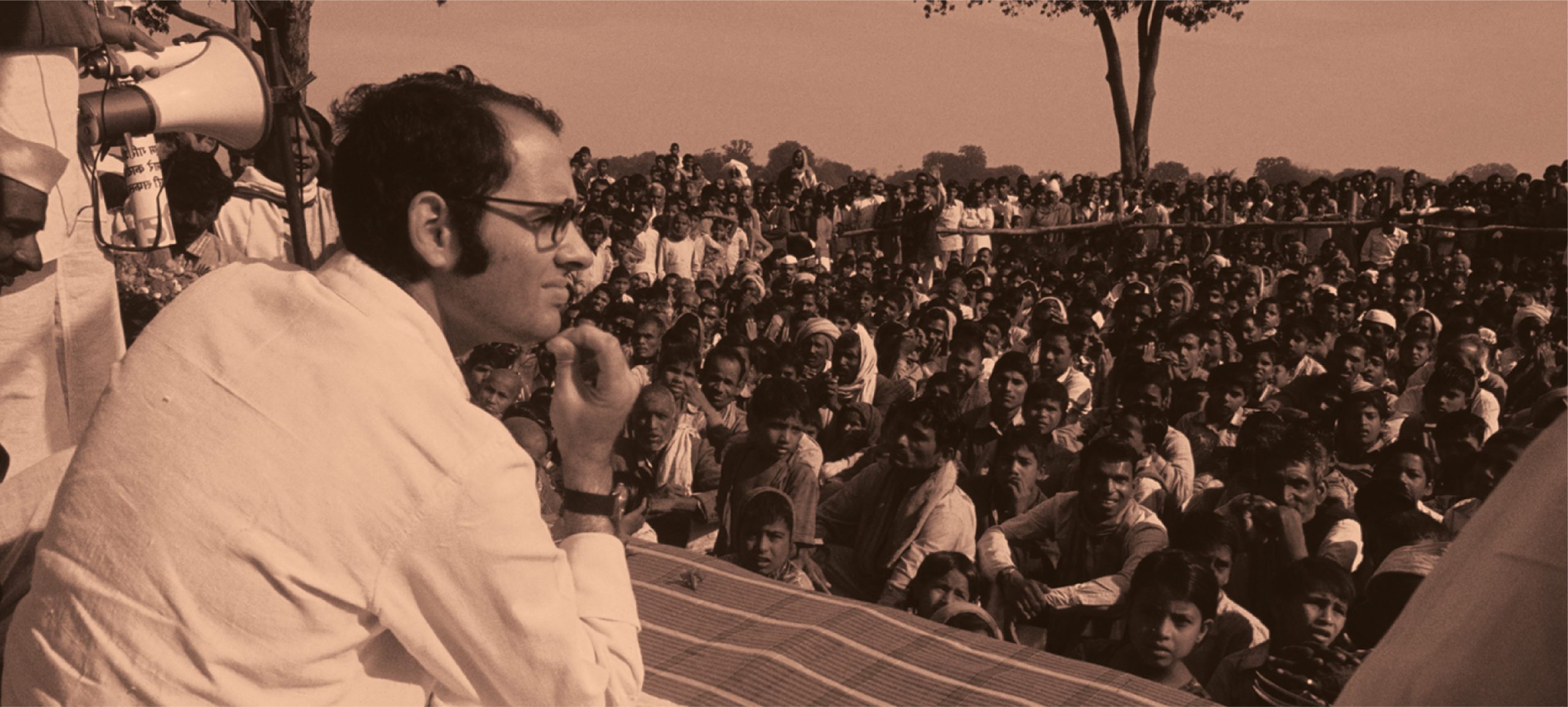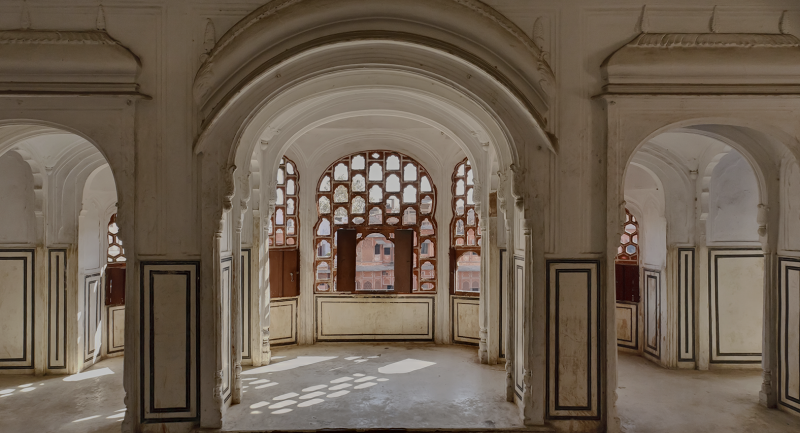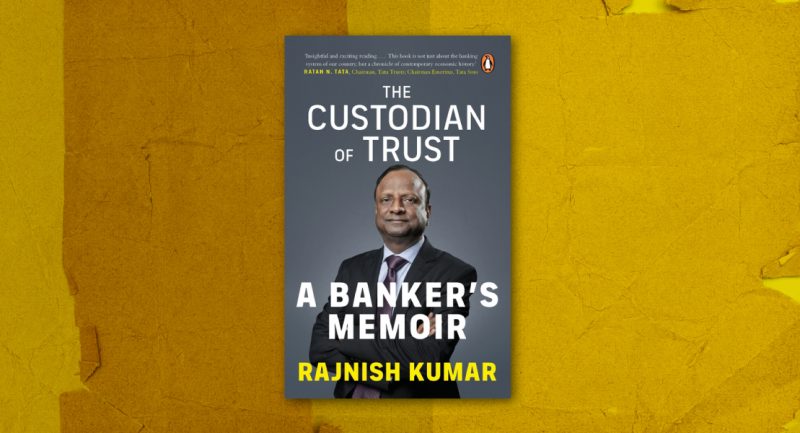
In 1977, two staff reporters at the Patriot – John Dayal and Ajoy Bose – both in their twenties, occupied highly advantageous positions during the nineteen months of the Emergency to observe the turmoil wrought in the capital city of Delhi. In their book, For Reasons of State, they have supplied first-hand evidence of the ruthlessness with which people’s homes were torn down and the impossible resettlement schemes introduced.
The nation found itself in a whirlwind of fear, confusion, violence and destabilization, stemming from forced sterilizations, heartless evictions in the thousands, and the cruel imprisonment of many.
Here is an excerpt from the introduction of their book.
——————————————————————————————————————————————————–
The trouble with the post-election situation in India in 1977 is that the tiny bushes in the foreground have hidden the forest behind. Also hidden, from the less probing eyes, are the myriad beasts that had prowled the jungle so menacingly for twenty months and may well be there still, albeit in an enforced hibernation, hoping for more suitable climes before they flex their muscles again. After the Emergency was relaxed just before the elections to the Lok Sabha, information had trickled down about cases of police brutality in Delhi and the states.
After the new Janata Party government was formed at the Centre, a large volume of reports has appeared on corruption, specially favours shown with or without political duress to companies associated with Sanjay Gandhi and his friends. The Maruti scandal has been hogging newspaper headlines and public discussions and, for the time being, till perhaps the various commissions start their proceedings, even the reports of excesses during the Emergency have tended to take a back seat.
Formidable as it is, Maruti is not the final personification, nor even the most characteristic symbol, of despotic rule under the Emergency. At best it betrays only the logical extension of the happenings that had taken place and in which the principals had acted by the rule of the bazaar to make cash capital out of the political and administrative situation they had so successfully managed to create. This has been brought about by the total depoliticization of society and by the perversion of the administrative system which had indeed for quite some time before the Emergency become ripe for being taken over by upstarts.
Officials and politicians of even the petty variety are explaining their activities during the Emergency as being born out of fear. But it is worth remembering that fear was only one, and in fact for the senior officers and politicians, almost the least important, of the factors responsible for the situation. Those who have closely watched the administrative process of the Union Territory of Delhi just before, during, and after the months of Emergency would know that the diabolical plan was not just a case of Sanjay Gandhi or his friends creating people who would do their bidding. It was a case of such people existing within the administration, simultaneously finding an extra-constitutional centre of authority and recognizing in it the powerhead that would help them in their own respective ambitions. The ambitions of the politician, the official and the bosses of the youth wing of the ruling party had become coterminous, so identical as to be indistinguishable from one another.
At a general level, it now is easy to see the strategy that had been adopted to utilize the situation. In the political institution of the Delhi Pradesh Congress Committee (DPCC), the Congress-run Delhi Administration controlled eventually by a nominated lieutenant governor, the superseded municipal corporation run by an official of the DDA, the Delhi State Industrial Development Corporation (DSIDC) for industries, the New Delhi Municipal Council (NDMC), the subordinate electricity producer and distributor Delhi Electricity Supply Undertaking (DESU), Delhi University (DU) and in Delhi Police which is controlled simultaneously by the lieutenant governor and the central government, there had existed a situation just before the Emergency which had created a coterie of officials bent on consolidating individual power. Internal rivalries and power grouping had reduced most of these institutions which ostensibly had a democratic functioning but in reality were administered on factors more personal to a state where they lacked the internal strength to resist any attempt at their perversion by outside forces.
The ‘extra-constitutional source of power’ recognized this factor and played on it skilfully. These forces in turn had recognized in the concept of Sanjay Gandhi just the additional impetus they needed for themselves. The implementation of the five-point programme became the yardstick of the competition between the various power groups. The number of trees planted, houses demolished and sterilizations done became the measure of closeness of these various groups to Sanjay Gandhi.










